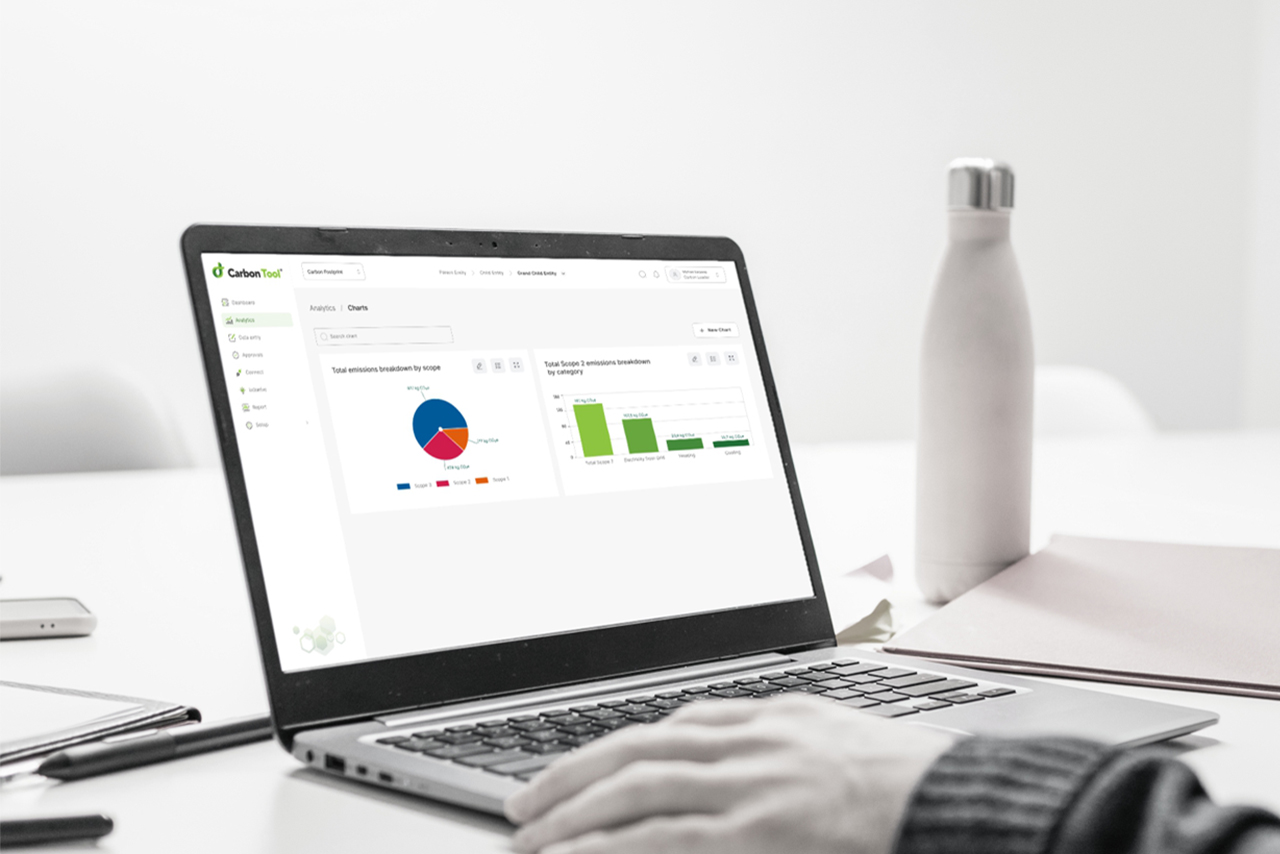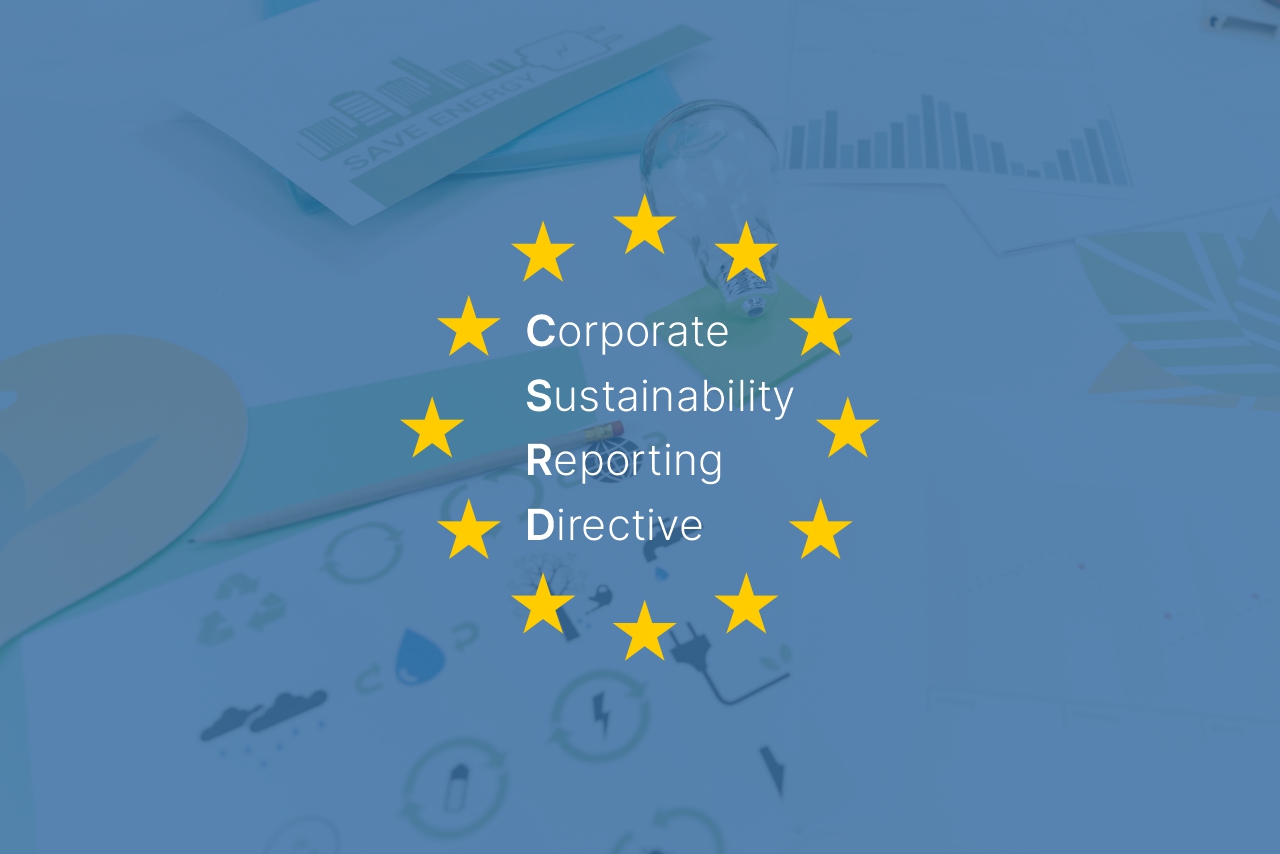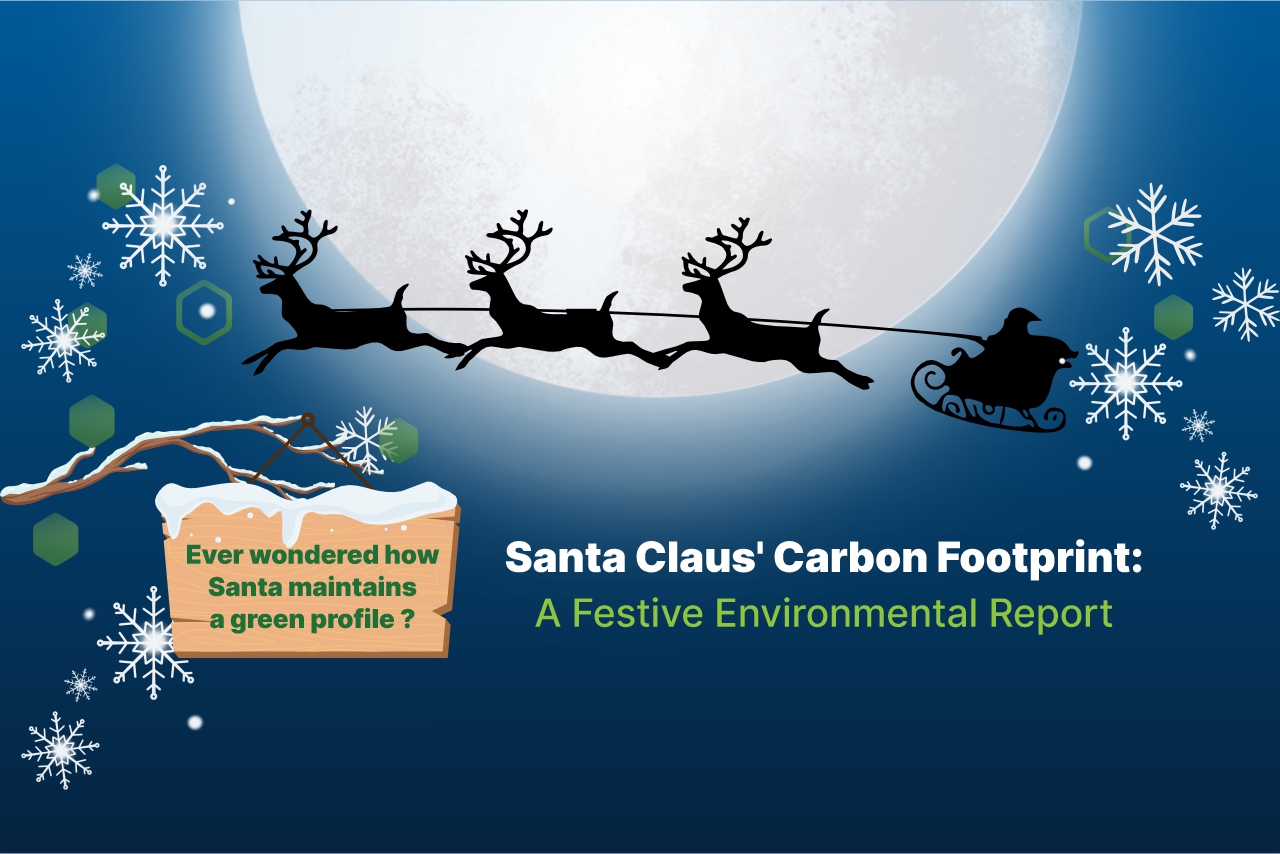The transformative impact of regulatory changes on sustainability reporting are instrumental in supporting the ambitious goals outlined in the European Green Deal, with the overarching aim of achieving carbon neutrality by 2050.
In January 2023, a significant wave of regulatory changes has swept across the European business landscape, ushering in a new era for how companies conduct and report on their sustainability efforts.

The Ascending Force of European Regulations
-
-
The SFDR – Enhancing Transparency in Sustainable Investments
-
The Sustainable Finance Disclosure Regulation (SFDR) is a cornerstone of the European Union’s drive for increased transparency in the sustainable investment market. It sets stringent disclosure requirements for both entities and products, compelling asset managers and other financial market participants to provide comprehensive information on a wide range of Environmental, Social, and Governance (ESG) metrics. This regulation ensures that the sustainable investment landscape becomes more transparent and accountable.
-
-
The SFAP – Paving the Way for Sustainable Investment
-
The Sustainable Finance Action Plan (SFAP) is a substantial policy objective initiated by the European Commission in 2018. Parts of it became effective as of spring 2021, with a longer timeline for the more complex new laws that took place across the 27 EU countries. Its primary goal is to stimulate sustainable investment and growth throughout the European Union. Aligned with the European Green Deal which aims to make the EU carbon neutral by 2050, the SFAP focuses on redirecting capital flows from sectors contributing to climate change towards sustainable economic activities and projects. This initiative plays a pivotal role in advancing sustainability objectives across the region.
-
-
The EU Taxonomy Regulation – Measuring Environmental Sustainability
-
In pursuit of the European Green Deal’s objectives, the EU Taxonomy Regulation provides a comprehensive framework for assessing the environmental sustainability of economic activities. Large European companies are now obligated to openly disclose how their revenue aligns with the taxonomy’s six environmental objectives. This regulation empowers stakeholders with non-financial scores, shedding light on the sustainability of businesses’ operations.
-
-
The CSRD – Expanding the Scope of ESG Reporting
-
The European Union’s Corporate Sustainability Reporting Directive (CSRD) extends its influence to nearly 50,000 listed companies operating within EU-regulated markets. This directive goes beyond the existing Non-Financial Reporting Directive (NFRD) by intensifying ESG reporting requirements. Companies are expected to provide more detailed information on their environmental impacts. The CSRD’s timeline involves a staged release of conceptual guidelines and ‘core’ standards. A first draft was officially published in November 2022, with another draft scheduled for release by the end of 2023. The final version of reporting standards is slated for release in mid-2024.
Implications for Businesses in 2024
For businesses in 2024, these regulations mark a notable shift in the landscape of sustainability reporting. This paves the way for genuine commitment to environmental and social responsibility.
Companies demonstrating credible ESG-related performance will likely attract increased investments, especially from stakeholders seeking sustainable returns. Moreover, the new regulations are expected to drive the demand for sustainability reporting technology and service providers. Companies will seek innovative solutions to meet the evolving reporting standards efficiently.
In this transformative era, businesses need robust reporting tools to Lead the Change by adapting to the regulatory modifications seamlessly. At Carbon Tools, we understand the challenges and opportunities presented by these regulatory changes. Our extensive reporting capabilities are tailored to help businesses navigate this new landscape effectively, ensuring a sustainable future for all.







